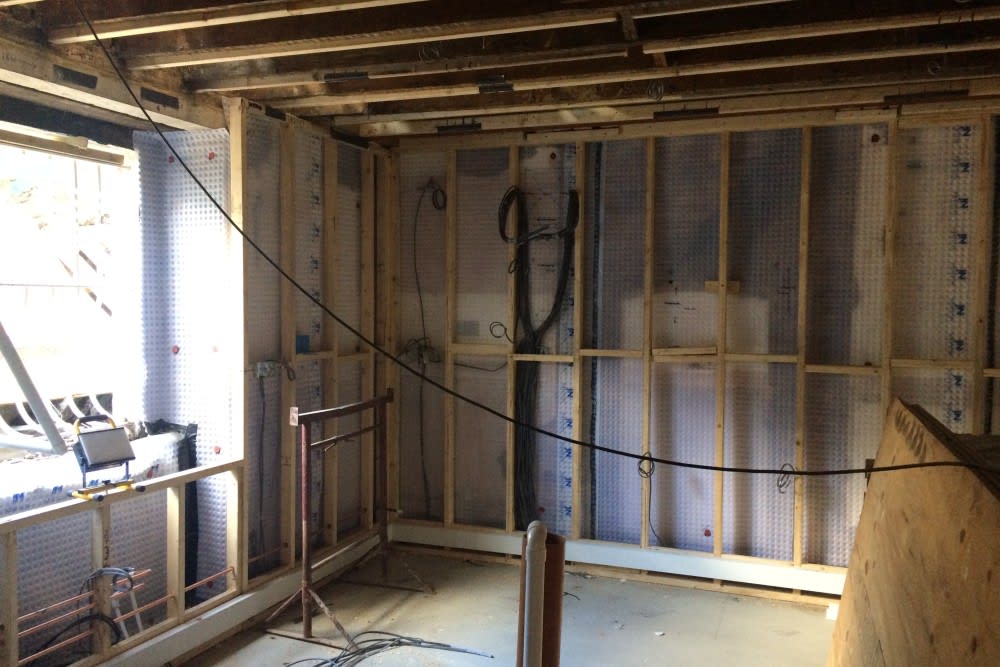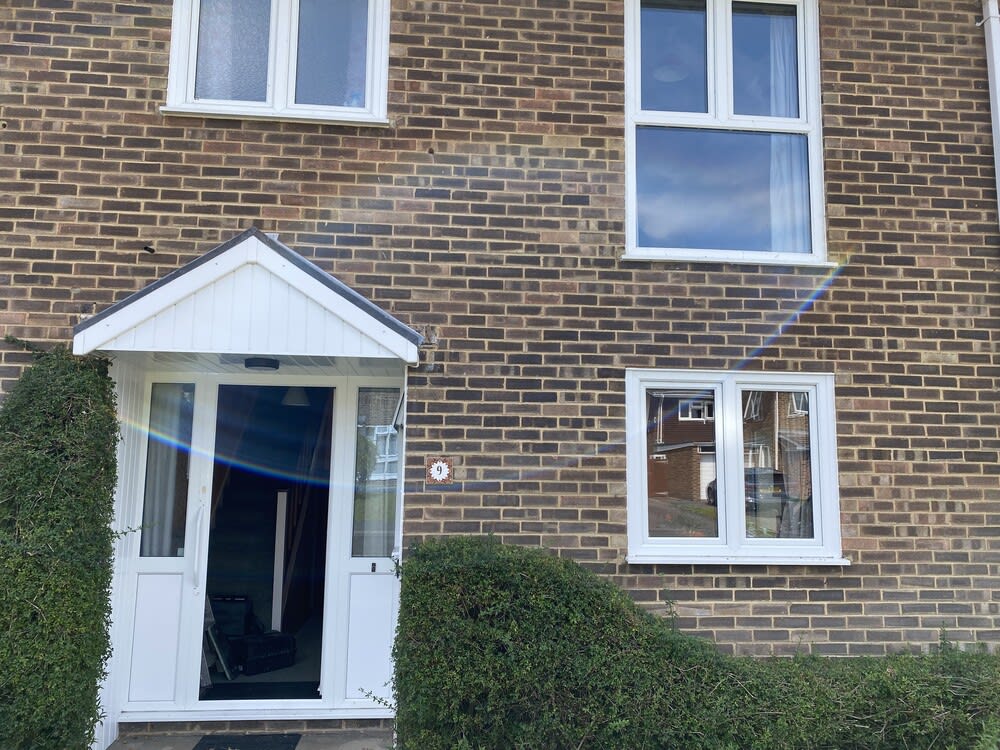
posted 5th March 2025

Decoding the Cost of Home Rewiring
Rewiring your home is a major investment that improves safety, efficiency, and property value. But how much does it cost to rewire a house?
The price depends on several factors, including home size, labour costs, materials, and hidden expenses.
In this guide, we break down the average cost of home rewiring, key factors that affect pricing, and how to save money while ensuring your electrical system is up to code.
Whether you're planning a full rewiring or just upgrading outdated wiring, here’s everything you need to know.
Why Rewiring Your Home Is Essential
Old or faulty wiring can be a fire hazard and may not support modern electrical demands. Many homes, especially older properties, were not designed to handle today’s technology, from smart devices to high-powered appliances.
Key Benefits of Rewiring Your Home:
- Improved Safety – Reduces the risk of electrical fires and shocks.
- Increased Home Value – Updated wiring is attractive to home buyers.
- Better Energy Efficiency – Helps lower electricity bills.
- Enhanced Functionality – More power outlets and reliable electrical performance.
- Compliance with Regulations – Ensures your home meets modern electrical codes.
How Much Does It Cost to Rewire a House?
The cost of home rewiring varies based on home size, location, and complexity of the project. Here’s a breakdown of average prices:
Home Size / Estimated Cost
2-Bedroom Home £1,500 - £2,000
3-Bedroom Home £2,000 - £3,500
4-Bedroom Home £3,500 - £5,000
Large Homes £5,000+
💡 Tip: The cost can increase if your home has difficult access areas, outdated electrical fuse boards, or requires extensive repairs.
Factors That Affect the Cost of Rewiring
Several factors impact the total cost of rewiring your home:
1. Home Size & Layout
- Larger homes require more wiring, outlets, and labour, increasing costs.
- Complex layouts (e.g., multi-story homes) may extend project timelines.
2. Existing Electrical System Condition
- Older homes with outdated or faulty wiring may require more extensive work.
3. Materials & Components
- Copper wiring is more durable but costs more than aluminium.
- Smart home integrations, extra outlets, and premium fixtures add to expenses.
4. Labour Costs & Location
- Electrician rates vary based on location (urban areas tend to be more expensive).
Signs Your Home Needs Rewiring
Wondering if your home needs electrical rewiring? Look out for these warning signs:
🚩 Flickering or dimming lights when using multiple devices.
🚩 Frequent circuit breaker trips or blown fuses.
🚩 Scorch marks or burning smells near outlets.
🚩 Buzzing sounds from switches or sockets.
🚩 Outdated knob-and-tube or aluminium wiring.
🚩 Sockets that spark when plugging in appliances.
⚡ If you notice these signs, it's time to call a qualified electrician!
DIY vs. Professional Rewiring: Which is Best?
DIY Home Rewiring – Is It Worth the Risk?
🚫 Electrical work is complex and dangerous if done incorrectly.
🚫 Mistakes can lead to fires, electrocution, or expensive repairs.
🚫 Most areas require permits and inspections, which professionals handle.
Why Hiring a Qualified Electrician Is Better
- Safe & Up to Date– Ensures compliance with regulations.
- Efficient Work – Faster completion with the right tools & expertise.
- No Risk of Fines or Violations – Avoids costly legal issues.
- Increases Home Value – Professionally rewired homes sell for more.
📌 Bottom Line: While DIY might seem cost-effective, hiring a professional guarantees safety and long-term savings.
Hidden Costs to Consider
When budgeting for a home rewire, consider these potential extra costs:
- Wall Repairs & Repainting – Rewiring involves cutting into walls.
- Electrical Fuse board Upgrades – Different specifications of may effect price.
- Unexpected Repairs – Old insulation, plumbing issues, or pest damage can increase costs.
🔹 Tip: Always set aside a contingency fund for unexpected expenses.
How to Save Money on Home Rewiring
Want to reduce the cost of rewiring your home? Here are some money-saving tips:
- Prioritize Critical Areas – Upgrade high-use areas first (e.g, kitchen, living room).
- Bundle Electrical Work – If installing new lighting or outlets, do it during rewiring to save on labour.
Finding the Right Electrician for Your Home Rewiring Project
Choosing a qualified electrician is crucial. Follow these steps:
- Check Qualifications & Insurance – Ensure they’re certified in your area.
- Look for Experience – Choose an electrician specialising in rewiring projects.
- Read Reviews & Ask for References – Online reviews help verify quality.
- Get a Written Estimate – Avoid surprise costs by requesting a detailed quote.
🔎 Looking for a professional electrician? Contact us today for a free consultation!
FAQs About Home Rewiring
1. How often does a house need rewiring?
Every 25-40 years, or sooner if there are signs of electrical issues.
2. Do I need to move out during rewiring?
Not always, but major projects may require temporary relocation.
3. Will rewiring my home increase its value?
Yes! Updated electrical systems make homes safer and more attractive to buyers.
4. How long does a home rewire take?
Anywhere from 3 days to 2 weeks, depending on home size and complexity.
Final Thoughts: Investing in a Safe & Efficient Electrical System
Rewiring your home is a smart investment that improves safety, functionality, and long-term savings. By understanding the costs involved, potential hidden expenses, and ways to save money, you can make an informed decision about upgrading your electrical system.
📞 Need expert rewiring services? Contact us today for a free quote!





